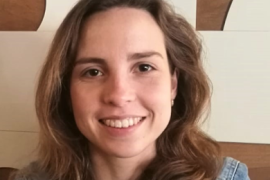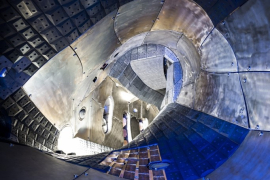Distributed implementations of model predictive control (MPC) have received significant attention to address the challenges of large-scale, geographically-dispersed systems, where solving centralized optimizations is not viable or practical for real-time control. The essence of distributed MPC (DMPC) is to tackle the overall control problem by using multiple interacting MPC agents. This distribution has the ability to provide increased scalability, efficiency, and adaptability. The seminar will discuss the application of DMPC in thermal solar parabolic trough plants, which are based on concentrating the sunlight on a receiver to raise the temperature of a heat transfer fluid (HTF). Particularly, we will present DMPC methods to optimize the HTF flow rates that are pumped to different areas of the solar field. In this framework, we will place emphasis on approaches that use varying cooperation scenarios among sets of distributed agents.




